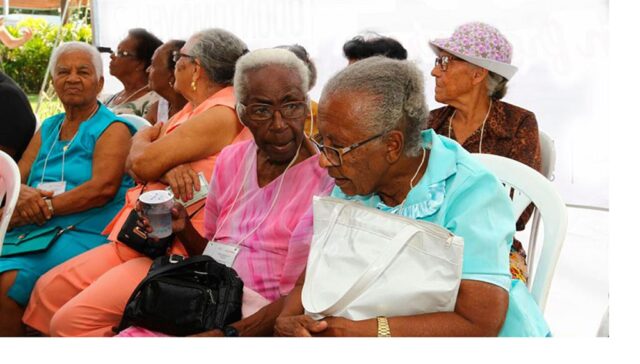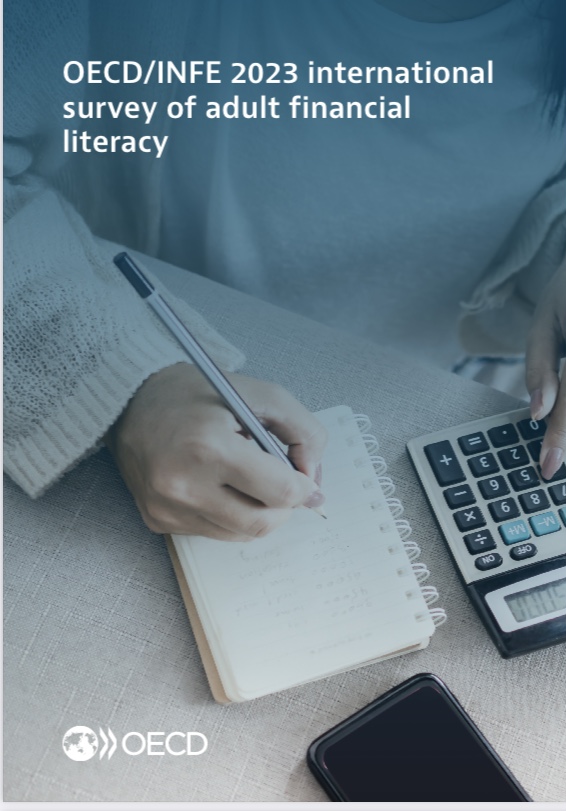Assessing the Permanent Income Hypothesis in Poor Areas: The Case of Rural Pensions in Brazil
By Bruno Kawaoka Komatsu, Lucas Dias & Naercio Menezes Filho In Brazil, poor women in family agriculture are entitled to a monthly unconditional pension from the government when they turn 55, a large predictable income increase for rural families. In this paper, we use a national family expenditure survey and a fuzzy regression discontinuity design strategy to estimate the impacts of that pension on consumption, finance and labor market indicators. We show that the rural pension increases income by 50%,...










